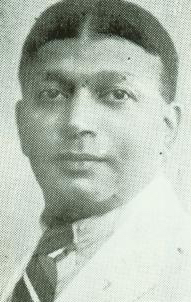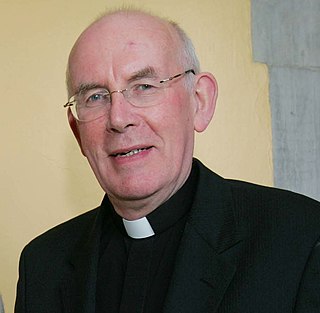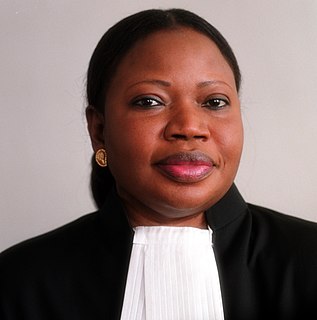A Quote by Paikiasothy Saravanamuttu
The basic gamut of civil and political rights in terms of disappearances, detainees, people who are surrendered, what happened the missing. Any talk about allegations of war crimes. Those are the kind of thing that lead to a great deal of fear and uncertainty.
Related Quotes
The civil rights movement didn't deal with the issue of political disenfranchisement in the Northern cities. It didn't deal with the issues that were happening in places like Detroit, where there was a deep process of deindustrialization going on. So you have this response of angry young people, with a war going on in Vietnam, a poverty program that was insufficient, and police brutality. All these things gave rise to the black power movement. The black power movement was not a separation from the civil rights movement, but a continuation of this whole process of democratization.
Today, Church policy in Ireland is to report allegations of abuse to the civil authorities. It recognises the Gardai and H.S.E. as those with responsibility for investigating such allegations and that any Church investigation should not take place until the investigation by the civil authorities has been completed.
The foundations of modern civil-rights law are exceptionally secure. Conservative judges nibble around the edges sometimes, and people still debate the constitutionality of affirmative-action programs. But almost no one seriously argues about the basic meaning or legitimacy of core civil-rights protections.
Because of tax laws governing charities, including almost every single civil rights organization you've ever heard of, including the NAACP, the Urban League, the ACLU, and others, those organizations are not allowed to endorse political candidates or use their resources in political campaigns of any kind.
So the Dark did a simple thing. They showed the maker of the sword his own uncertainty and fear. Fear of having done the wrong thing--fear that having done this one great thing, he would never again be able to accomplish anything of great worth--fear of age, of insufficiency, of unmet promise. All such great fears, that are the doom of people given the gift of making, and lie always somewhere in their minds.
What it targets is not something that's really looked at a lot in terms of the war. This is stuff that's off the beaten path in terms of what we think of every time you start a Civil War history or a Civil War presentation. It's usually about the military and the soldiers and all that stuff. And this is not. It's the backdrop to a place and a time and circumstances that didn't have anything to do with that.
They came up with a civil rights bill in 1964, supposedly to solve our problem, and after the bill was signed, three civil rights workers were murdered in cold blood. And the FBI head, Hoover, admits that they know who did it, they've known ever since it happened, and they've done nothing about it. Civil rights bill down the drain.
History of America, Part I (1776-1966): Declaration of Independence, Constitutional Convention, Louisiana Purchase, Civil War, Reconstruction, World War I, Great Depression, New Deal, World War II, TV, Cold war, civil-rights movement, Vietnam. History of America, Part II (1967-present): the Super Bowl era. The Super Bowl has become Main Street’s Mardi Gras.
































